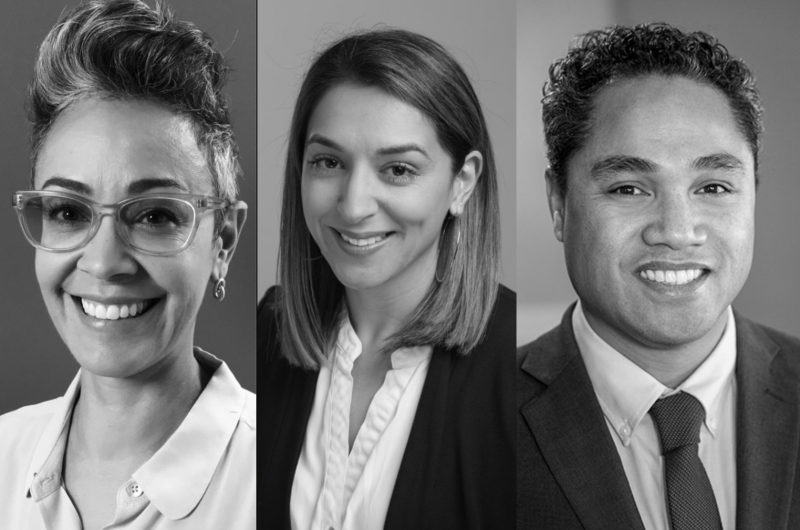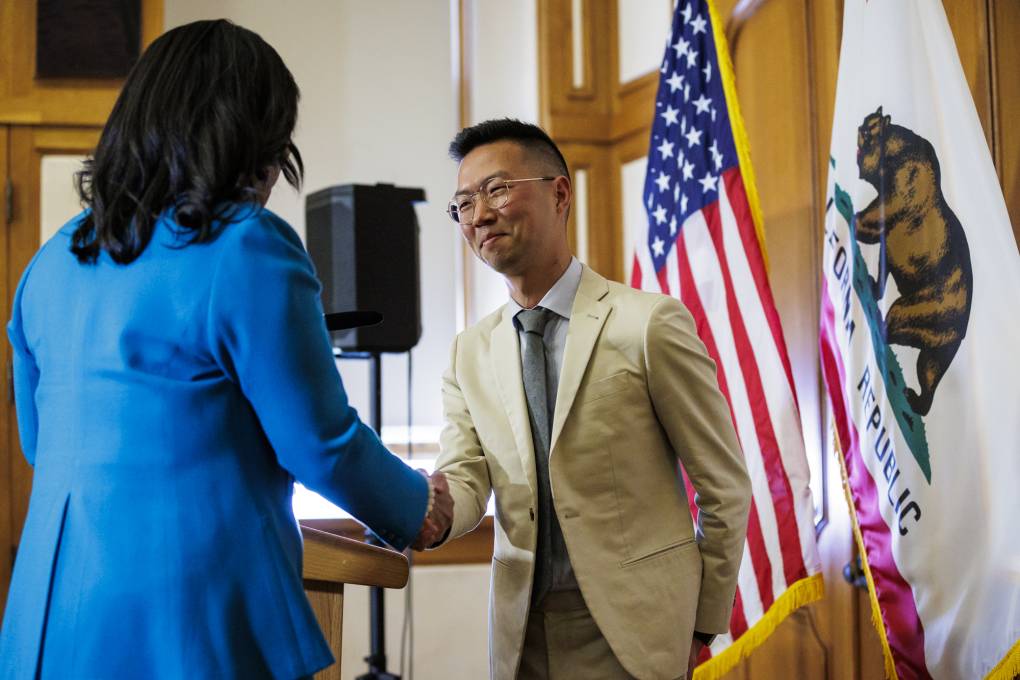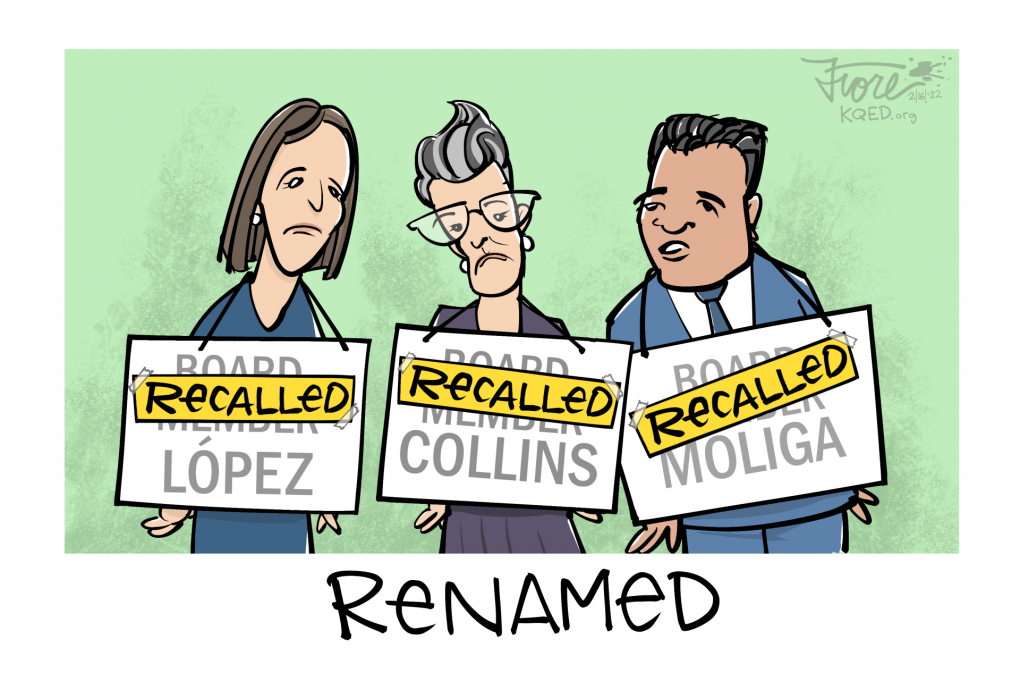But after a series of tweets from Collins surfaced earlier this year, using derogatory language in reference to Asian Americans, Moliga voiced support for stripping Collins of her committee assignments and role as board vice president. In response, Collins unsuccessfully sued the district for nearly $90 million in damages.
Collins and López did not respond to request for comment, while Moliga referred questions to activist Gaynorann Siataga.
"Right now we feel as a community very insulted and very disrespected," said Siataga, who identifies as a Pacific Islander of mixed descent. "Not just because Moliga is a Pacific Islander, but he's a great representative and he's done a lot of amazing work."
Siataga urged voters to "look at everyone individually," adding, "I don't feel that Commissioner Moliga should have been grouped up in this recall."
The politically imperiled board members likely will find support from the union representing San Francisco Unified School District employees. Cassondra Curiel, president of the United Educators of San Francisco, said the removal of the board members will give the mayor power over the school board at the expense of parent and teacher voices.
“As educators who love our communities and care for our students, we are urging voters to reject this recall," Curiel said. "The recall will waste precious resources when decision-makers need to be laser-focused on meeting the needs of our students."
COVID-19 closures and restrictions have served as flashpoints for school politics beyond San Francisco, said Joshua Spivak, senior fellow at the Hugh L. Carey Institute for Government Reform at Wagner College.
"There have been an enormous amount of recall attempts against school board members, but very, very few have gotten to the ballot this year," said Spivak, an expert in recalls.
Spivak called the San Francisco school board recall the most noteworthy attempt to remove school officials since 1959, when voters in Little Rock, Arkansas, recalled three segregationist school board members — ending a standoff over the integration of the city's high schools.
"What makes this interesting is just how many signatures were needed," Spivak said of the San Francisco campaign. "It's an enormous amount of signatures for any local office."
City law requires recall proponents to gather signatures equal to 10% of the city's registered voters. By comparison, the failed campaign to recall Gov. Gavin Newsom qualified by meeting a threshold based on the votes cast in the previous gubernatorial election.
In addition to the three recall questions, the February ballot will also include a vote on the city's next assessor-recorder, and could potentially include a state Assembly primary contest for voters on the city's east side.



